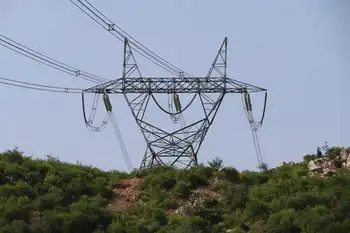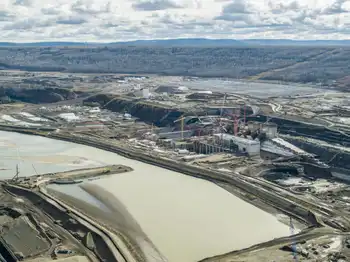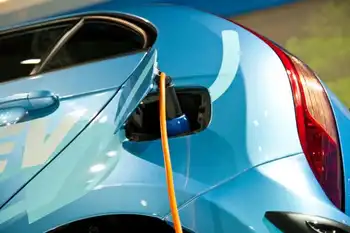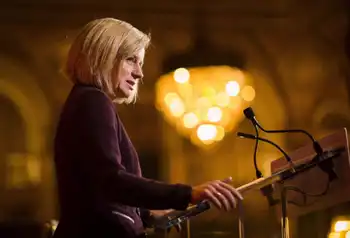Alliant's switch grass experiment nears conclusion
CEDAR RAPIDS, IOWA - Alliant Energy has begun the final phase of a project to evaluate the use of switch grass in electrical generation at its power plant in south central Iowa.
Alliant recently began a 2,000 hour "test burn" that will determine the long-term impact of burning a 5 percent switch grass-95 percent coal mixture on the plant's boilers. Results of the test burn will help Alliant decide if the fuel combination is commercially viable, company spokeswoman Nancy Kobus said.
The test burn is part of the Chariton Valley Biomass Project. Alliant Energy joined the project in 1995, but the potential of switch grass gained prominence when President Bush mentioned its promise in his last State of the Union speech.
Benefits of burning switch grass with pulverized coal can include reduced air, water and soil pollution, according to Kim Zuhlke, Alliant's vice president-new energy resources. It also creates a market for a crop that can be grown on marginal farmland in southern Iowa and northern Missouri. Chariton Valley Biomass Project Manager Bill Belden said commercializing switch grass for electrical generation has the potential to create a market for 200,000 tons of switch grass per year from more than 150,000 acres.
Project officials built a switch grass processing facility adjacent to the power plant in preparation for the test burn. In the plant, a mechanized process separates the baled switch grass, measures its moisture content, then chops it up before blowing it directly into the boiler.
The work won't be over even if Alliant determines switch grass to be a viable fuel source.
Belden and other project partners will continue to encourage area farmers to commit to growing switch grass to ensure an adequate supply for commercial application of the process, while Alliant will complete regulatory research on pricing and marketing renewable energy to its customers, Zuhlke said.
Related News
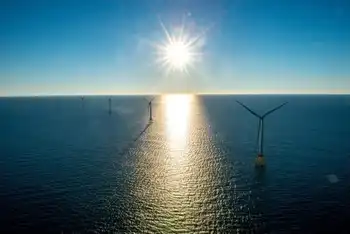
Next Offshore Wind in U.S. Can Compete With Gas, Developer Says
WASHINGTON - Massive offshore wind turbines keep getting bigger, and that’s helping make the power cheaper — to the point where developers say new projects in U.S. waters can compete with natural gas.
The price “is going to be a real eye-opener,” said Bryan Martin, chairman of Deepwater Wind LLC, which won an auction in May to build a 400-megawatt wind farm southeast of Rhode Island.
Deepwater built the only U.S. offshore wind farm, a 30-megawatt project that was completed south of Block Island in 2016. The company’s bid was selected by Rhode Island the same day that Massachusetts picked Vineyard Wind…

